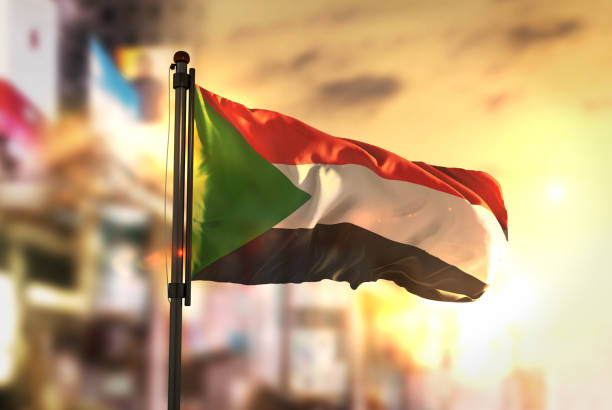About Us

For Peace
For decades, since its independence in 1956, Sudan has suffered from the absence of a unifying national vision for its people. Various factors have contributed to this fragmentation, the consequences of which persist to this day. The true understanding of democracy as a system capable of accommodating the country’s ethnic, cultural, and religious diversity was never realized. Instead of being a source of strength, this diversity was undermined by the narrow-mindedness of successive Sudanese leaders, ultimately becoming a cause of Sudan’s disintegration. Tribal, partisan, and regional affiliations became the dominant forces in Sudan’s political arena, eroding the foundations of a cohesive Sudanese identity that could unite all its people.
“The democratic practice, which led to the fragmentation of sound political effort and the replication of parties that failed to bring the country to safety, rather, it led to the war that erupted on April 15, 2023.
And based on what has been mentioned, the Initiative for Peace is launched as a social, political, and intellectual incubator comprising numerous entities and members of diverse backgrounds, to reach the desired Sudanese state through comprehensive social reconciliation and an undiminished national consensus—paving the way for future generations to achieve their dreams and aspirations. The initiative presents its vision as a document upon which opinions, ideas, and alliances are built, leading to the modern civil state.

The initiative aims to promote dialogue and build bridges of trust through clear action programs that pave the way for achieving lasting peace.

Core Stances of the Peace Initiative
For Peace
Principles and Foundations of the Initiative for Peace:
- Commitment to and respect for the sovereignty of the rule of law.
- Commitment to democracy based on political, ideological, and cultural pluralism.
- Commitment to guaranteeing freedom of belief, thought, culture, opinion, and expression.
- Commitment to maintaining the neutrality of public institutions towards all citizens in performing their duties.
- Commitment to achieving equal opportunities for all citizens in assuming or participating in responsibilities.
- Considering citizenship as the basis for obtaining rights and performing duties.
- The Sudanese citizen is the focus of the Initiative for Peace, and all members and entities of the initiative strive to serve him and achieve his freedom, security, safety, happiness, and stability.
- The Sudanese family is the foundation of Sudanese society and the source of building values, and preserving them is an existential necessity for society and the Sudanese state.
- Free and fair popular elections are the only way to reach a civil state and to approve a constitution agreed upon by all the people of Sudan.
- Adopting dialogue as a priority method for resolving all differences among the people of the nation, both internally and externally.
- Rejecting violence and extremism in all its physical and moral forms, and rejecting exclusion and marginalization on any religious, ethnic, political, or intellectual basis.
- The principles of democracy, transparency, efficiency, and trust should be fundamental factors in managing the affairs of the Initiative for Peace.
Structures of the Peace Initiative

Supreme Council of the Peace Initiative

Executive Office

Specialized Departments

Founding Members

Affiliated Entities, Initiatives and Partners

join the success
Programs, Initiatives, and Projects
The Initiative for Peace adopts national-level programs and projects that benefit all Sudanese people without exception. It categorically rejects any initiatives that promote division, fragmentation, or discord.
